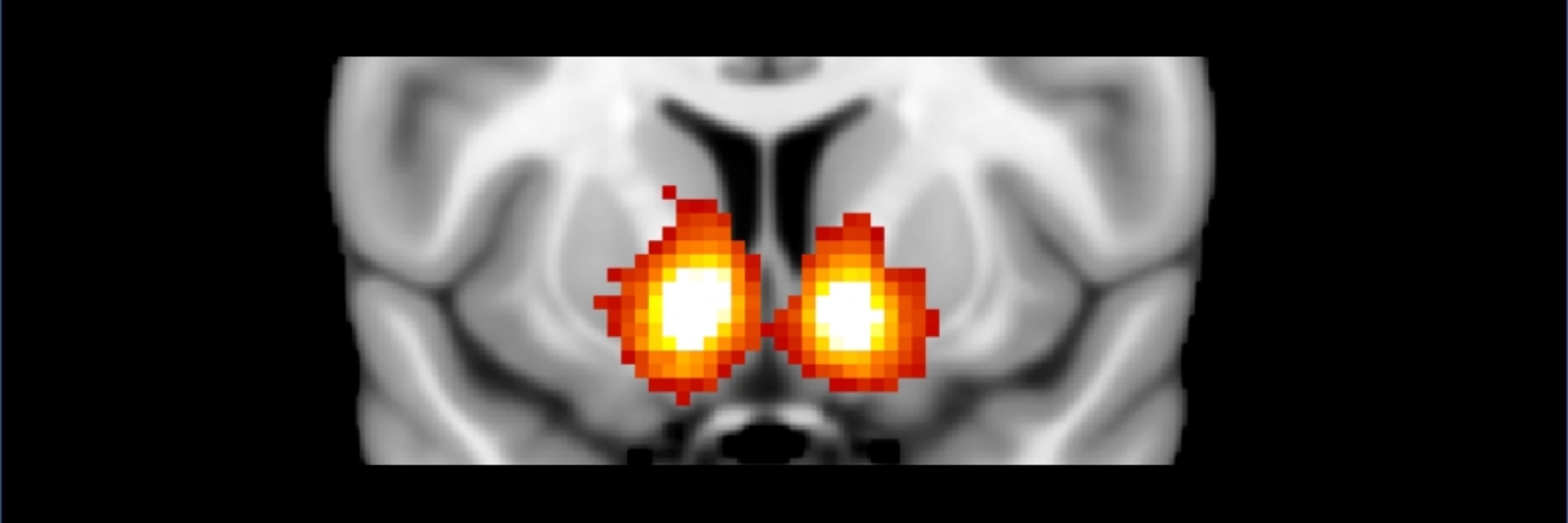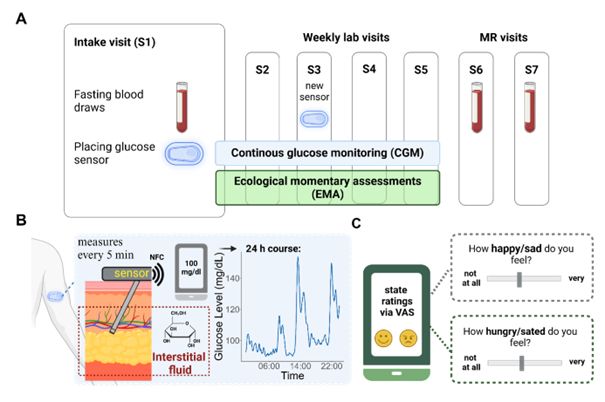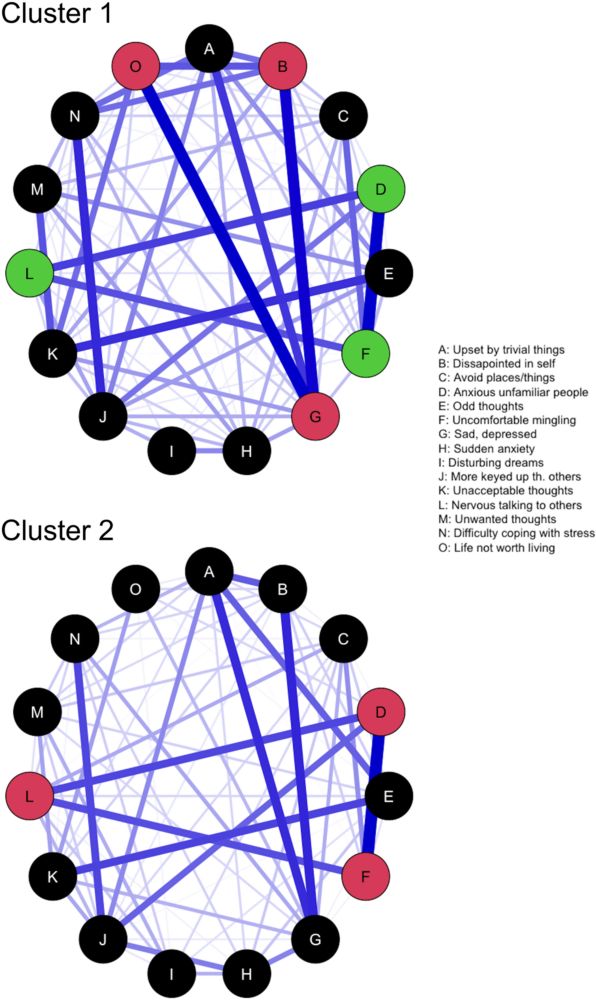
aka @cornu_copiae

Work w/ @kristinkaduk.bsky.social @akuehnel.bsky.social @derntllab.bsky.social
www.biorxiv.org/content/10.1...
Save the date: 2027 GSRNet Conference, February 3–5, 2027 in Lausanne
Cutting-edge science, discussion sessions & great networking across our global community to connect, exchange, and advance our field together
Check for updates gsr-net.org
Save the date: 2027 GSRNet Conference, February 3–5, 2027 in Lausanne
Cutting-edge science, discussion sessions & great networking across our global community to connect, exchange, and advance our field together
Check for updates gsr-net.org
We found that having control over pain makes expectations more precise, and changes pain perception. This is accompanied by activation changes in the PAG, SMA and ACC.
You can read the full version of the paper here: rdcu.be/eQy6X

We found that having control over pain makes expectations more precise, and changes pain perception. This is accompanied by activation changes in the PAG, SMA and ACC.
You can read the full version of the paper here: rdcu.be/eQy6X
www.nature.com/articles/s41...

www.nature.com/articles/s41...



We're firmly in the phase of 'okay, so what *really* works?' with FUS. Great to see these kinds of efforts to find robust effects 👍
direct.mit.edu/imag/article...

We're firmly in the phase of 'okay, so what *really* works?' with FUS. Great to see these kinds of efforts to find robust effects 👍
direct.mit.edu/imag/article...
New preprint on causal control of Pavlovian go bias:
Aster et al. “Continuous theta-burst stimulation of the vmPFC reduces Pavlovian go-invigoration and enhances thalamo-striatal RPE signals” (n=90, cTBS-fMRI Go/NoGo).
🔗 www.biorxiv.org/content/10.1...
#RewardSignals #neurosky #neuroskyence
New preprint on causal control of Pavlovian go bias:
Aster et al. “Continuous theta-burst stimulation of the vmPFC reduces Pavlovian go-invigoration and enhances thalamo-striatal RPE signals” (n=90, cTBS-fMRI Go/NoGo).
🔗 www.biorxiv.org/content/10.1...
#RewardSignals #neurosky #neuroskyence
Computational modeling of error patterns during reward-based learning show evidence that habit learning (value free!) supplements working memory in 7 human data sets.
rdcu.be/eQjLN

Computational modeling of error patterns during reward-based learning show evidence that habit learning (value free!) supplements working memory in 7 human data sets.
rdcu.be/eQjLN
Using a differentiable implementation of the reduced Wong–Wang model, we optimized whole-brain simulations for 1444 subjects.
onlinelibrary.wiley.com/doi/10.1002/...

Using a differentiable implementation of the reduced Wong–Wang model, we optimized whole-brain simulations for 1444 subjects.
onlinelibrary.wiley.com/doi/10.1002/...

doi.org/10.1371/jour...
doi.org/10.1371/jour...

When noise and volatility are independently manipulated people behave differently depending on their anxious traits.

When noise and volatility are independently manipulated people behave differently depending on their anxious traits.
It is the first first author paper from my student @renilmathew.bsky.social 👏🏽👏🏽👏🏽 …1/N

It is the first first author paper from my student @renilmathew.bsky.social 👏🏽👏🏽👏🏽 …1/N
www.nature.com/articles/s41...

www.nature.com/articles/s41...

In our latest paper, we take a data-driven approach to help answer this.
doi.org/10.1111/psyp...
1/

In our latest paper, we take a data-driven approach to help answer this.
doi.org/10.1111/psyp...
1/
@sneuroble.bsky.social @psychonetrics.bsky.social
@alexkfischbach.bsky.social
@nichols.bsky.social
@dscheinost.bsky.social & MINDS Lab
doi.org/10.52294/001...
@halleeshearer.bsky.social @sneuroble.bsky.social @ohbmossig.bsky.social
#OpenDatasets #SpecialIssue

@sneuroble.bsky.social @psychonetrics.bsky.social
@alexkfischbach.bsky.social
@nichols.bsky.social
@dscheinost.bsky.social & MINDS Lab


#blueprint 1/7

#blueprint 1/7
“Sensory processing reformats odor coding around valence and dynamics”
www.biorxiv.org/content/10.1...
We ask: how is a sensory code transformed across multiple stages of processing to inform behavior?

“Sensory processing reformats odor coding around valence and dynamics”
www.biorxiv.org/content/10.1...
We ask: how is a sensory code transformed across multiple stages of processing to inform behavior?
REVIEW | Obesity-induced inflammation: connecting the periphery to the brain
O Le Thuc & C García-Cáceres

REVIEW | Obesity-induced inflammation: connecting the periphery to the brain
O Le Thuc & C García-Cáceres

